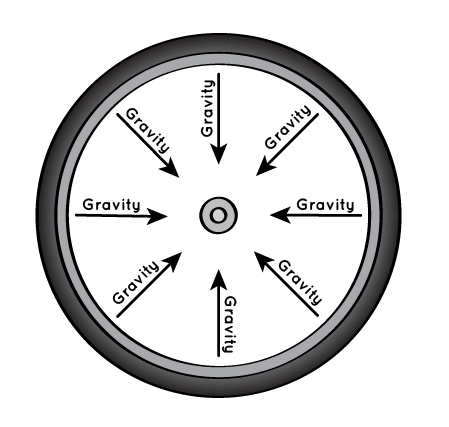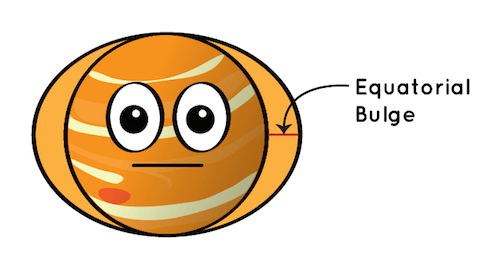
The earth most probably had more impacts than the moon, but the moon has no atmosphere and thus no weathering so all the craters that accumulated over billions of years can still be seen. Whereas the craters that formed from impacts on earth have largely been erased by weathering/erosion, volcanic activity and tectonic movements (subduction etc).
Martians like to eat blue cheese ?
Never thought of that PJ. But I also thought that with an atmosphere, asteroids largely burnt up on entry leaving little to no mass by the time they reach the surface.
Both good responses. I think it is a little bit of both
Not as many reach Earth's surface, especially the smaller ones. And erosion removes the scars from impact. I don't think blowing them up is a good idea. Placing an engine on one early enough could nudge it off course. If the first real threat is 800 years hence, we might be able to do that by then. Agree with Mike, we should try it on one very distant object to see the results before committing to anything singular stategy.
I wanna know why all the craters are round ? Surely most of them come in at some sort of angle ?
The title of this post has been bothering me since I first saw it. Moving the text around works: Compared to earth, why does the moon have more craters? Eventually I figured out what the problem was: for the question actually asked, the answer is a null set.
The moon doesn't have any craters compared to the earth -- nobody compares any of the moon's craters to the earth.
Sometimes the way my mind works depresses the crap out of me.
Update: I notice somebody (ahem) has modified the original Title from "Why does the moon have more craters compared to earth?" to "Why does the moon have more impact craters compared to earth?" But the responses prior to that change reflect the original title, which is what my comments were based on. So there.
" Sometimes the way my mind works depresses the crap out of me. "
Me too ! ( g )
Didn't have to do much work on this one as there were some brilliant answers from you guys.
Here is a good article that provides a plethera of information about asteroids.............which often are NOT round.
https://www.space.com/51-asteroids-formation-discovery-and-exploration.html
Mcfarms wonderful question though about roundness, peaked my interest about why PLANETS and large bodies, including the sun ARE round.
This article from NASA explains why all the planets are round in a fun, graphical presentation.
https://spaceplace.nasa.gov/planets-round/en/
A planet's gravity pulls equally from all sides. Gravity pulls from the center to the edges like the spokes of a bicycle wheel. This makes the overall shape of a planet a sphere, which is a three-dimensional circle.


Instead of being perfectly round like marbles, they are like basketballs squished down while someone sits on them....because of their spinning.